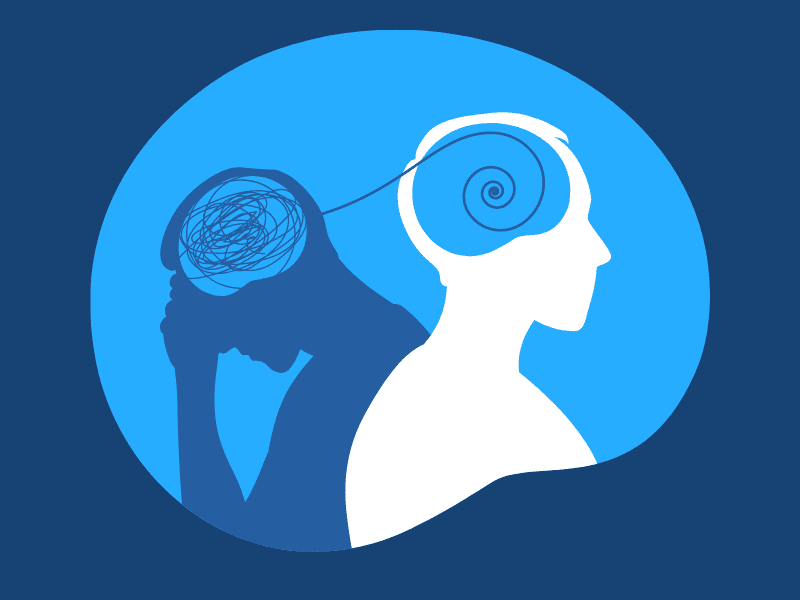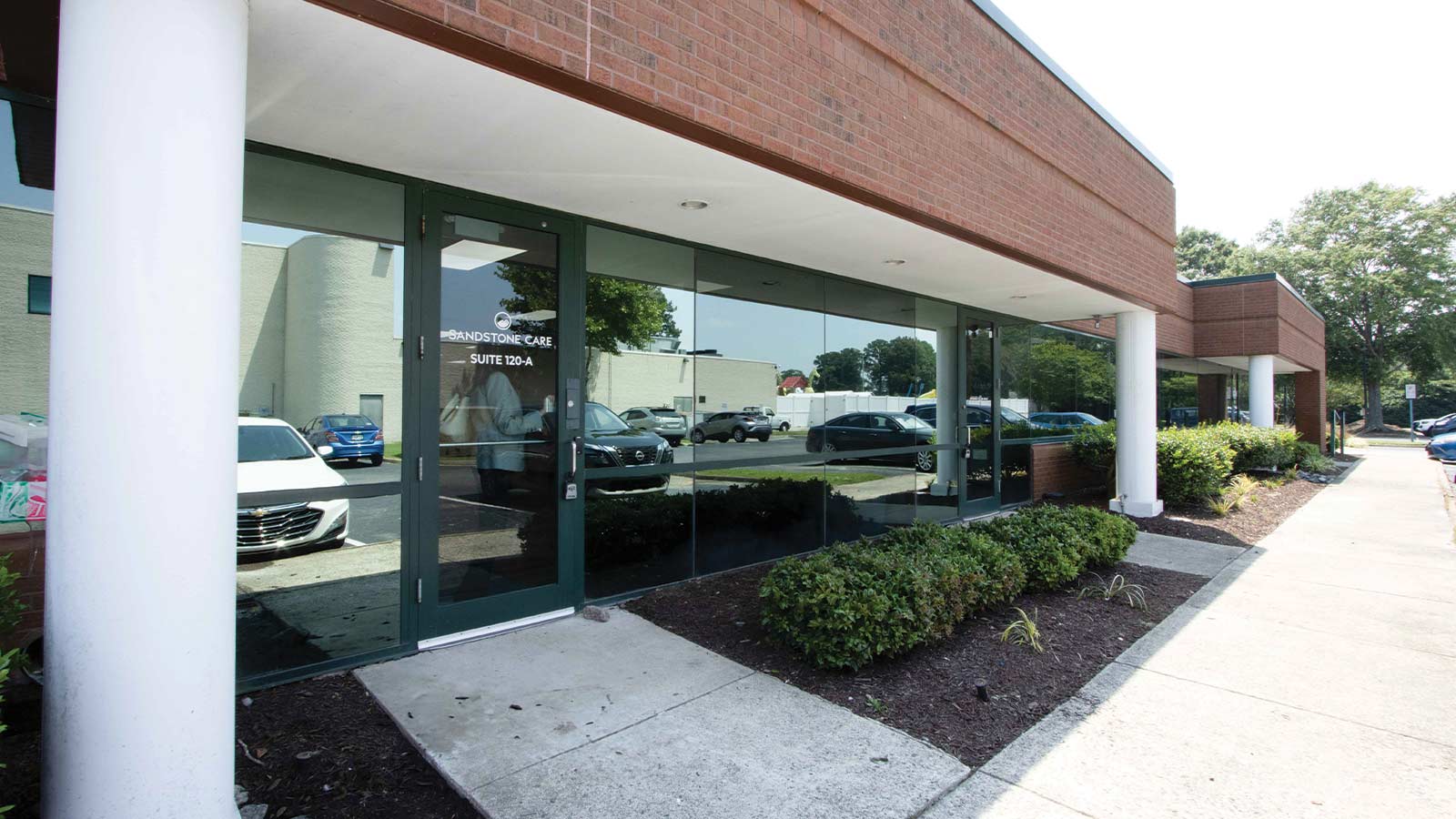Teen Alcohol Addiction Rehab And Treatment
Alcohol addiction, also known as an alcohol use disorder, refers to the inability to control drinking despite negative consequences.
Alcohol addiction, also known as an alcohol use disorder, refers to the inability of adolescents to control drinking despite negative consequences.
Alcohol is the most commonly used substance among teenagers. Additionally, most young people who report drinking alcohol report binge drinking.
Binge drinking refers to consuming 5 or more drinks for men and 4 or more drinks for women. According to the CDC, 44 percent of high school students who reported binge drinking consumed eight or more drinks in a row.
Binge drinking is a common and dangerous pattern of excessive alcohol abuse in the United States. Although, not everyone who binge drinks has an alcohol use disorder.
A severe alcohol use disorder involves an inability to control drinking, continuing to drink despite the negative impact it has on personal or professional life, needing to drink more to feel the effects, and wanting to drink so bad that you can’t think of anything else.
Teen alcohol addiction is linked to suicide, drug addiction, psychological problems, and motor vehicle accidents. Alcohol use during the teenage years also predisposes young people to adult alcohol dependence and addiction later on in life.

Teenagers may choose to try alcohol for various reasons, and while many do not develop addiction during the experimentation phase, some may find themselves becoming dependent on drinking.
Some factors that may increase the risk of a teen developing an alcohol addiction include:
All teens have an increased risk of addiction because underage drinking occurs when the brain is still at a crucial stage of development.
Teens under the influence of alcohol can exhibit a number of signs parents can look out for. If you do notice that your child is showing symptoms of alcohol use, they may benefit from a teen alcohol rehab program.
Some of the side effects that point to intoxication include:


Alcohol has both short-term and long-term effects on the brain. Alcohol interferes with communication in the brain and can change how it works. It can impact the parts of the brain that are responsible for balance, memory, speech, and judgment.
Long-term drinking can alter the brain and reduce the size of neurons and cause lifelong damage. Alcohol misuse may also lead to alcohol-induced blackouts. Blackouts are gaps in an individual’s memory that occur when someone is intoxicated.
Blackouts happen because the person drinks enough alcohol to temporarily block the transfer of memories, which occurs in an area of the brain called the hippocampus.
The developing brain also makes teens and young adults more vulnerable to excessive alcohol and drug abuse.

Take the first step on the path to rehabilitation and recovery. We’re available 24/7.
Sandstone Care provides age specific care for those who struggle with substance use, mental health, and co-occurring disorders. We have treatment centers throughout the United States.
Co-occurring disorders refer to being diagnosed with substance use and mental health disorders. It can be difficult to determine whether one disorder led to the other, but co-occurring disorders can make it more complex when it comes to the recovery process and substance use disorder treatment.
If someone has existing mental health illnesses, such as depression or anxiety, alcohol can worsen the symptoms. Additionally, if a teen needs to use alcohol to function, they may experience negative emotions when not drinking.

The Continuum of Care
Access a full range of treatments for mental health and substance use disorders. Whether you need a safe transitional living community, inpatient care, or outpatient therapy, we have a program to help.
Warning signs that a teen has an alcohol dependency and needs addiction treatment may include:
Teen alcohol addiction treatment aims to change behaviors and thought processes to stop drinking. At Sandstone Care, an individualized treatment plan is unique to each teen based on biological, social, psychological, and environmental factors.
It is understood that the causes and circumstances that come along with alcohol are different for each teen, making the treatment approach different for each person. Treatment plans continuously change and adapt to progress and challenges.
Different kinds of teen alcohol addiction treatment may include; the twelve-step approach, cognitive behavioral therapy (CBT), family therapy, or multi-systemic therapy.
The effectiveness of teen treatment for alcohol dependence will look different for every individual.
Whether you need intensive outpatient programs after school for your teen, or something more structured such as a partial hospitalization program, we have the treatment options you need to best fit your family circumstances.

Therapy Treatments
We deliver evidence-based therapy treatment for teens in a number of areas. We’re available 24/7 to answer any questions.
A twelve-step approach is a structured form of treatment that involves detox, psychological evaluation, treatment planning, group therapy, lectures, and counseling.
The twelve-step approach also includes referral to Alcoholics Anonymous as part of their therapy.
Some research suggests that the twelve-step approach can improve treatment outcomes for teens.
CBT focuses on an individual’s thoughts and behaviors.
This form of therapy has been effective in treating mental health disorders and substance abuse disorders.
CBT can be beneficial for teens with an alcohol addiction because it can help to recognize and change unhealthy behaviors or habits.
As teens’ brains develop, it affects their emotion regulation and decision-making.
CBT can help teens learn healthy coping mechanisms and how to recognize situations that may put them at risk for alcohol use or temptation.
Multiple factors are taken into consideration concerning alcohol addiction treatment for teens.
Multiple factors are taken into consideration concerning alcohol addiction treatment for teens.
Sandstone Care’s substance abuse treatment provides a welcoming and understanding environment at our treatment facilities.
Sandstone Care highlights the importance of involving the family and teens throughout the adolescent alcohol treatment process. Addiction affects the whole family, and treatment is most successful if family members are involved throughout treatment and recovery.
Our outpatient programs and partial hospitalization treatment service provide support for both school and work. Helping teens succeed in school and their personal lives help in the treatment of alcohol addiction and developing an identity outside of drinking.
Our programs go beyond helping your teen handle their withdrawal symptoms in teen rehab. They will have a holistic programming that involves everything from individual and group therapy sessions, to mental health treatment to help break the cycle of addiction at its root causes.
Talking to teens about going into rehab for teenage alcohol use may feel difficult. It can also be hard for teens to understand that they need help because of how common alcohol and teen drug use is among their peers.
When talking to a teenager about alcohol addiction and treatment, it is important to stay calm and be open. If you are judgmental and aggressive, it can worsen the situation and discourage teens who may otherwise reach out for help.
Educating yourself on the effects of alcohol can help you and your teenager understands why it is so important to get help and the best way to do it.



4880 Sadler Rd, Suite 110, Glen Allen, Virginia, 23060
(888) 850-1890

We understand taking the first step is difficult.
There is no shame or guilt in asking for help or more information. We are here to support you in any way we can.